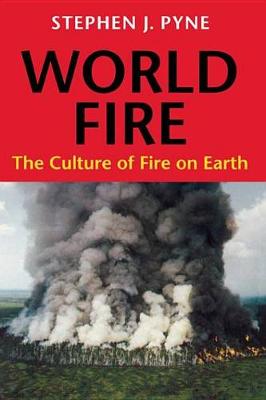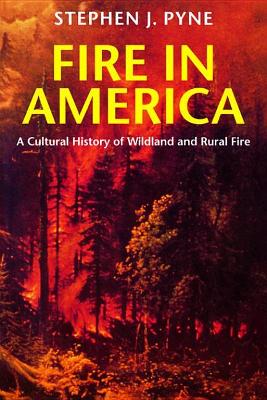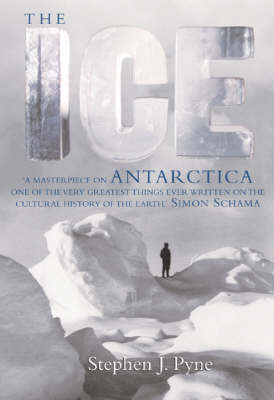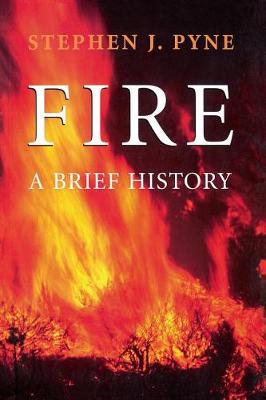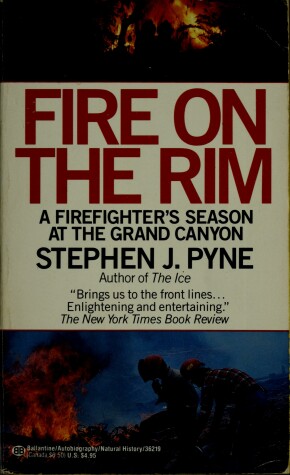Weyerhaueser Cycle of Fire
6 total works
Back in PrintWorld Fire is the story of how fire and humans have coevolved. The two are inseparable, and together they have repeatedly remade the planet."Pyne considers the evolution of fire in such diverse regions as Australia, Africa, Brazil, Sweden, Greece, Iberia, Russia, and India and then ponders Antarctica, the land without fire. As he examines changing techniques for and attitudes toward fire control, Pyne challenges our concepts of nature and wilderness and explains why the study and management of fire have tremendous environmental, cultural, and political implications."-Booklist"A sweeping historical treatise that examines our world's love/hate relationship with conflagration. His engrossing ideas leave bright embers in the memory."-Outside
"The fate of humanity, like the fate of the earth, is tied to the fires that have made the world as we know it—the fires whose history is told as well in this book as it has ever been told before. If one wants to understand just how completely the story of the human past is also the story of fire on earth, there is no better place to start than this small book."—William Cronon
Here, in one concise book, is the essential story of fire. Noted environmental historian Stephen J. Pyne describes the evolution of fire through prehistoric and historic times down to the present, examining contemporary attitudes from a long-range, informed perspective. Fire: A Brief History surveys the principles behind aboriginal and agricultural fire practices, the characteristics of urban fire, and the relationship between controlled combustion and technology. Pyne describes how fire’s role in cities, suburbs, exurbs, and wildlands has been shaped by an industrialized, urban way of thinking.
Fire: A Brief History will be of value to readers interested in the environment from the standpoint of anthropology, geography, forestry, science and technology, history, or the humanities.
In this lively account of one [fire] season, Pyne introduces us to the tightly knit world of a fire crew, to the complex geography of the North Rim, to the technique and changing philosophy of fire management.
